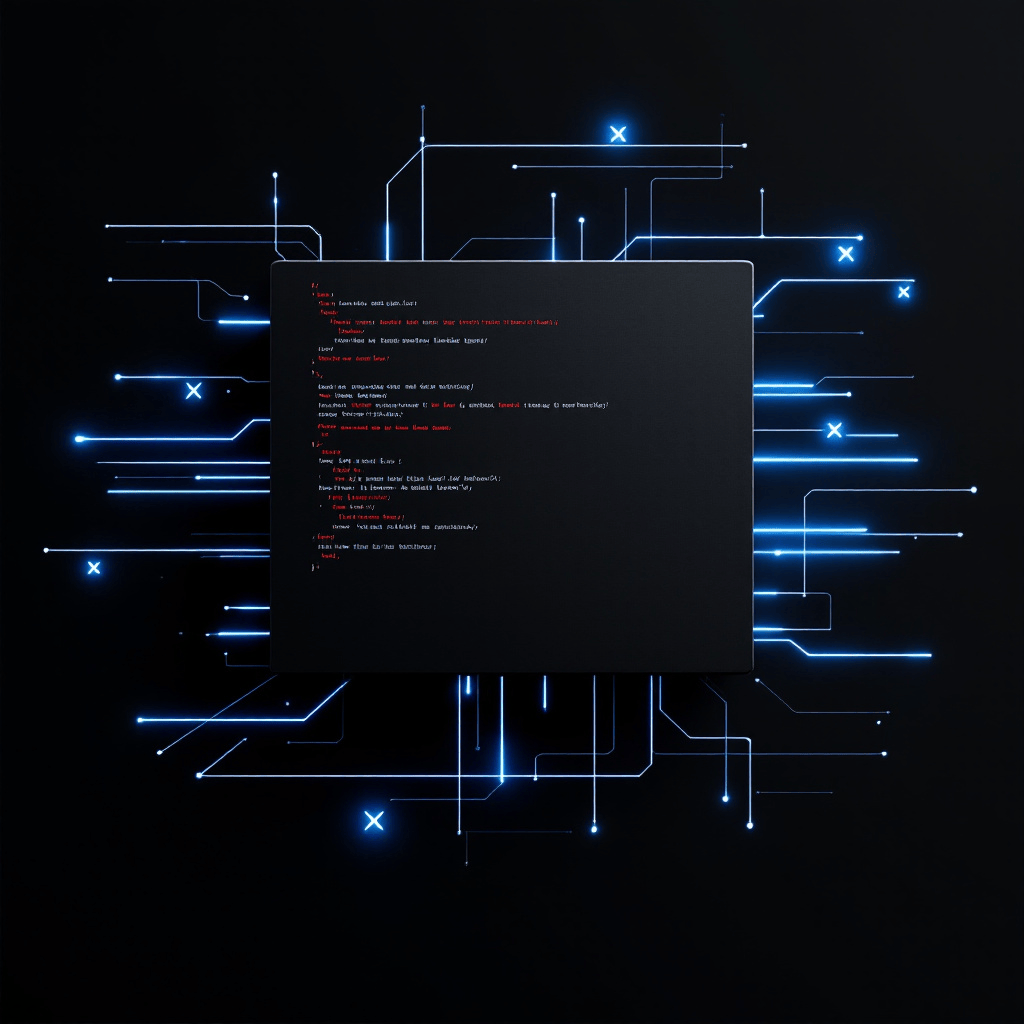
A programming language that emphasizes readability and simplicity, allowing developers to express concepts clearly and efficiently.
Understood. Please provide the question or input related to Python.
Python is a high-level, interpreted programming language known for its readability and simplicity. Its popularity stems from its versatility, making it suitable for various applications like web development, data analysis, artificial intelligence, and automation. Additionally, a large community and extensive libraries and frameworks contribute to its widespread use and support among developers.
The best way to start learning Python for beginners is to begin with free online resources such as Codecademy, Coursera, or freeCodeCamp. Start with basic syntax and gradually progress to more complex topics. Practice coding regularly and work on small projects to reinforce your learning. Joining online communities, participating in coding challenges, and reviewing documentation can also be very helpful.
The best practices for managing data in Python for business applications include: 1. Use appropriate libraries such as pandas for data manipulation, NumPy for numerical data, and SQLAlchemy for database interactions. 2. Implement data validation to ensure data integrity at the point of entry. 3. Organize data processing workflows using functions and classes to promote code reuse and maintainability. 4. Employ version control systems like Git to track changes in data processing scripts. 5. Optimize data storage by choosing the right database systems (e.g., SQL vs NoSQL) based on use cases. 6. Utilize data serialization formats like JSON or Parquet for efficient data exchange and storage. 7. Regularly back up data and implement disaster recovery plans. 8. Monitor data access and usage to maintain security and compliance with regulations. 9. Document data sources, processing steps, and data models for future reference. 10. Leverage data visualization tools to communicate insights effectively and support decision-making.